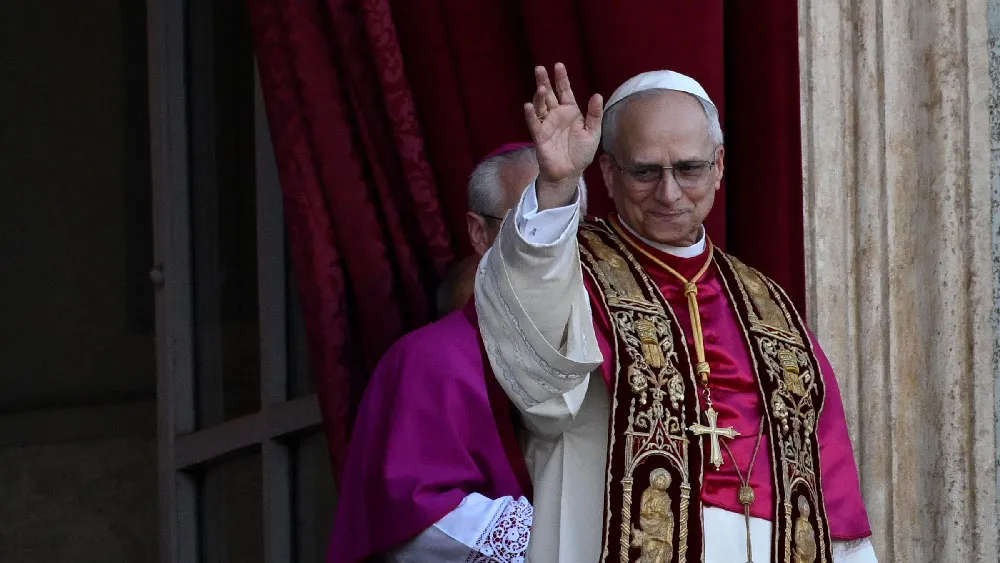September 26, 2013
IOC 'Fully Satisfied' Over Russia's Anti-Gay Law
Jason St. Amand READ TIME: 2 MIN.
The International Olympic Committee has dismissed concerns over Russia's law banning gay propaganda, saying it doesn't violate the Olympic charter's anti-discrimination clause, and pronounced Russia ready to host the 2014 Winter Games.
Jean-Claude Killy, chairman of the IOC Coordination Commission, gave his stamp of approval during a news conference Thursday at the conclusion of the commission's 10th and final visit to Sochi ahead of the games beginning on Feb. 7.
Russia has come under scrutiny as the next host of the Olympics because of the law passed this summer outlawing "propaganda of nontraditional sexual relations among minors," which many worry may apply to gay athletes and visitors to the games.
Killy said the commission deliberated for several days and concluded "the IOC doesn't have the right to discuss the laws that are in place in the country hosting the games, so unless the charter is violated we are fully satisfied."
Russian officials insist the law is designed to protect children and doesn't infringe on the rights of gays.
"Regarding this law, if people of traditional sexual orientation spread propaganda of non-traditional sex to children, then they will also be held accountable," said Dmitry Kozak, a deputy prime minister in charge of overseeing preparations for the Sochi Olympics. "So there is simply no need to talk about discrimination."
President Vladimir Putin signed the ban on propaganda into law in late June. In August, he signed an additional decree banning all demonstrations and rallies in Sochi for two and a half months around the time of the games, a measure seen as intended to thwart protests by gay rights activists.
Killy said the IOC commission was pleased with the ongoing construction of the venues for the games, which with a total cost of $51 billion will be the most expensive Olympics in history. He recalled their first visit in September 2011 and the "unprecedented challenge" Russia faced to put in the necessary infrastructure and build most of the venues from scratch.
"In Europe you would probably spend 15 years on that, and here they did it in seven," Killy said. Russia was awarded the 2014 Olympics in 2007.
Kozak asserted that only $7 billion had been spent on the venues themselves, whereas the remaining sum went toward "developing the city and the region" along the Black Sea.


